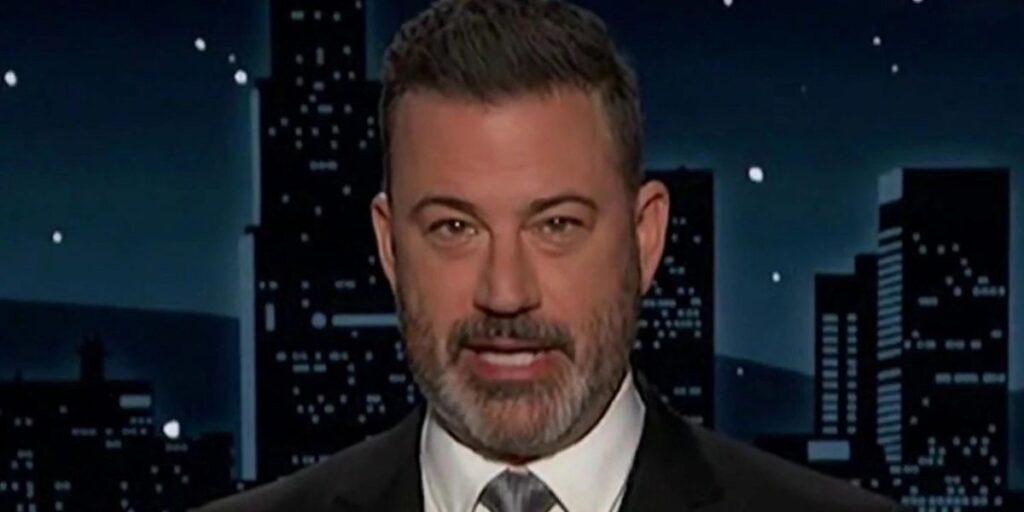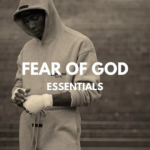Introduction
This is an area of concern raised by people who have watched the recent spat between Jimmy Kimmel and Aaron Rodgers. In his opening monologue, Kimmel criticized Rodgers for making a comment about Jeffrey Epstein which took many people by surprise. Journalists will look at why what started like an innocent joke turned into a spectacle that has left fans of both men disappointed.
Unpacking the Opening Monologue
For us to understand Jimmy Kimmel’s indictment well, let us dissect the particular part of his opening monologue where he made the controversial comment referred to above. Kimmel always takes on world problems in a funny way; however, he took a different angle when commenting about Rodgers’ remark on Jeffrey Epstein. In order to get deeper meaning, this analysis will concentrate on stand-up comedians as cultural critics who must navigate delicate themes within public conversations.
As a seasoned funny man, Jimmy Kimmel often uses irony to address issues in society. But the underlying seriousness of his criticism implies that some subjects are too serious to be joked about, making one rethink the responsibilities of being a public figure.
The Fallout and Public Reaction
The public was quick and fierce in return for Kimmel’s unexpected criticism. People took sides using social media platforms as their battlegrounds between Kimmel and Rodgers’ camps. This scandal extended beyond the scope of any celebrity gossip, dragging advocacy groups into it and causing debates on whether sensitive topics should be addressed through comedy.
This part looks at how controversies like this contribute to cancel culture as an ongoing conversation, how social media can be weaponized, and what these mean for someone’s life both inside and outside work.
Comedy, Free Speech, and Responsibility
In the wider sense, the clash between Kimmel and Rodgers exemplified this larger argument about limits to comedy, free speech and obligations of fame. Comedians have always been seen as stirring societal mirrors- they reflect society while also bending images of a collective mind. In an era where sensitivities are heightened, the fine line between humor and social responsibility becomes increasingly challenging to navigate.
This section seeks to examine how comedy has changed over time, discussing some issues that comedians confront when they deal with hot topics and what happens when boundaries of comedy are nudge.
Celebrity Feuds in the Age of Social Media
Not so, the Kimmel-Rodgers feud is not an isolated incidence but rather part of a bigger trend whereby celebrities fight each other on social media. Public beefs between celebrities via Twitter or callouts on Instagram have become entertainment. Thus, this section traces the evolution of celebrity feuds and their historical context as well as looking at how social media can exaggerate these conflicts.
The emergence of such platforms as social media has made celebrity feuds public spectacles with far reaching consequences. It examines these conflicts’ impact on public perception, motivations behind such feuds and what results they can bring for both careers and lives in general of the individuals involved.
Lessons Learned and Moving Forward
And as the dust starts to settle on the Kimmel-Rodgers clash, there are valuable lessons that can be learned from the controversy. Through this episode, other comedians and celebrities can understand about power dynamics at work in show business, fame’s obligations, and changing public opinion.
This section takes into consideration possible outcomes of the conflict for both Kimmel and Rodgers through personal and professional growth, ability to learn from public input and comedy-societal interface.
Conclusion
In the larger context of late-night television and celebrity feuds, the battle between Jimmy Kimmel and Aaron Rodgers represents a significant milestone in an ongoing debate over what comedians should be obliged to consider when making public statements. It presents a delicate balance between freedom of expression versus social responsibility as well as a reflection on shifting entertainment patterns during this era of social networking.
The significance of this cannot be overstated because as the entertainment industry continues to grapple with these challenges, it becomes clear that the Kimmel-Rodgers controversy is a vivid reminder of how much power comedians or famous people hold in shaping cultural stories. The episode highlights the complexities of navigating sensitive topics in comedy, the power dynamics inherent in celebrity conflicts, and the importance of considering the broader societal implications of one’s words and actions in the public sphere. Read More Articles




